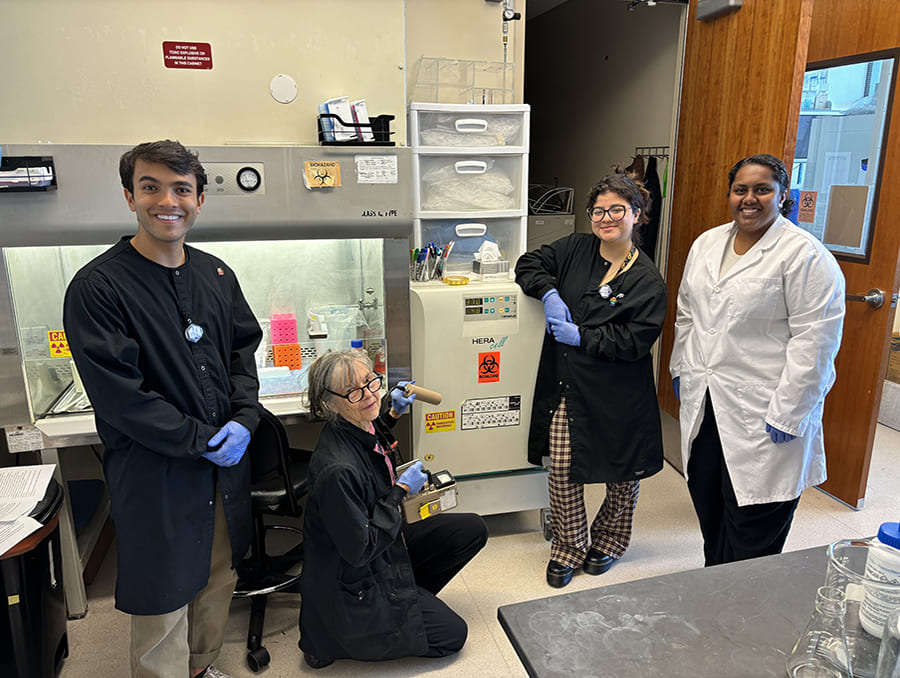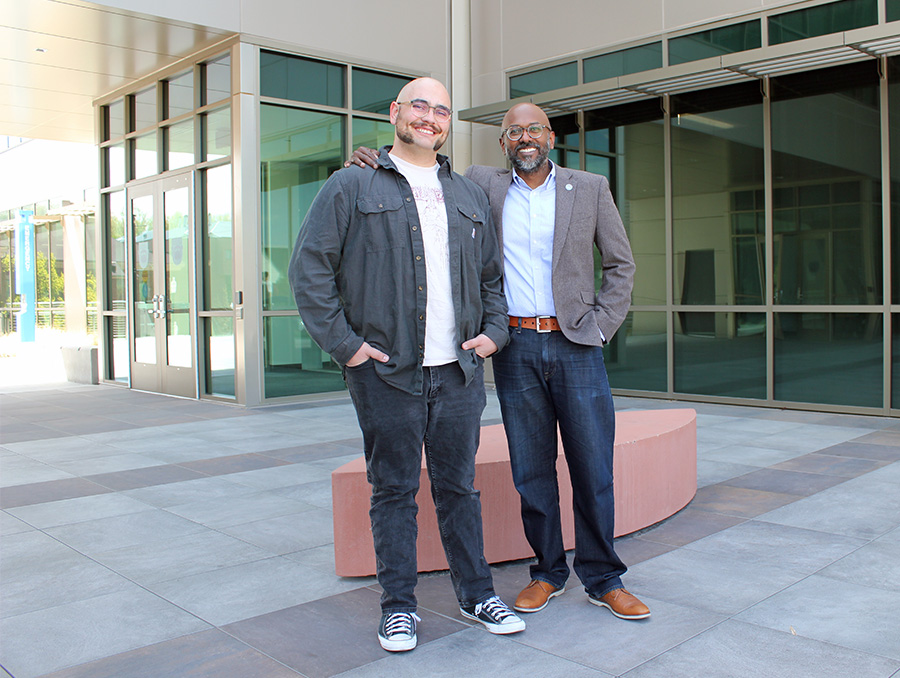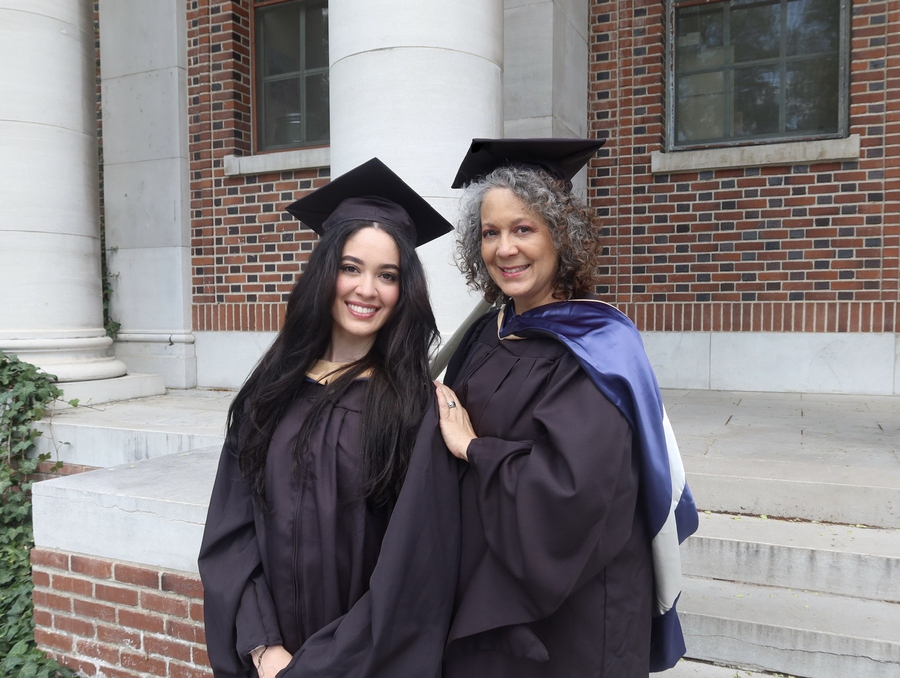The Positive Behavioral Interventions and Supports Technician Assistance Center, within the College of Education and Human Development’s Nevada Center for Excellence in Disabilities (NCED), has been awarded approximately $1.2 million dollars to support trauma-informed services in Pershing, Churchill and Lyon school districts.
This four-year grant will increase trauma-specific training for educators, enhance systems for screening students who may be at risk, and provide access to evidence-based interventions in schools and with community healthcare providers.
State Coordinator for Multi-Tiered Systems of Support, Kaci Fleetwood, said, “This project will give us the opportunity to deepen and enhance the social, emotional, and behavioral supports provided in schools with a specific lens of trauma responsiveness.”
Additionally, this grant will target all three tiers of support: universal school-wide prevention programming, targeted interventions for groups of students and treatment for individual students.
One of the main goals of this grant is to increase school and community collaboration, as supporting students is only possible when services are accessible and accepted. This is especially true in the rural school districts this grant serves.
Many barriers are hindering mental health care reform even though rural communities are in dire need of mental health services. Systemic issues include intergenerational trauma, insufficient wraparound support, and a lack of access to care, in addition to the already high levels of social stigma. For rural communities continuing the conversation around mental health sheds light on a topic that far too often gets pushed into the shadows.
Fleetwood later stated, “We have made a lot of progress post-COVID in terms of increasing awareness of mental health needs in our youth. Now we take the next step to address those needs.”
Educators and clinicians, such as school counselors, social workers and school psychologists, will be trained in evidence-based practices such as positive behavior support, trauma-informed cognitive behavioral therapy, acceptance and commitment therapy, and various other therapeutic approaches, depending on the level of care needed and contextual fit.
By the end of this four-year grant, nearly 80% of kindergarten through twelfth-grade students at Tier 1 schools will be screened for mental health risks. Furthermore, close to 700 students at Tier 2 and 3 schools will receive mental health services either virtually or in the school.
Lastly, for the sustainability of this project and for continued care for students, individuals within NCED are working with state and community partners to build systems and skills to bill Medicaid for services. Ensuring this infrastructure in place would allow for the expansion of additional mental health professionals to work in the schools.
Overall, this grant will benefit students, educators, and clinicians and, most importantly, strengthen communities.















